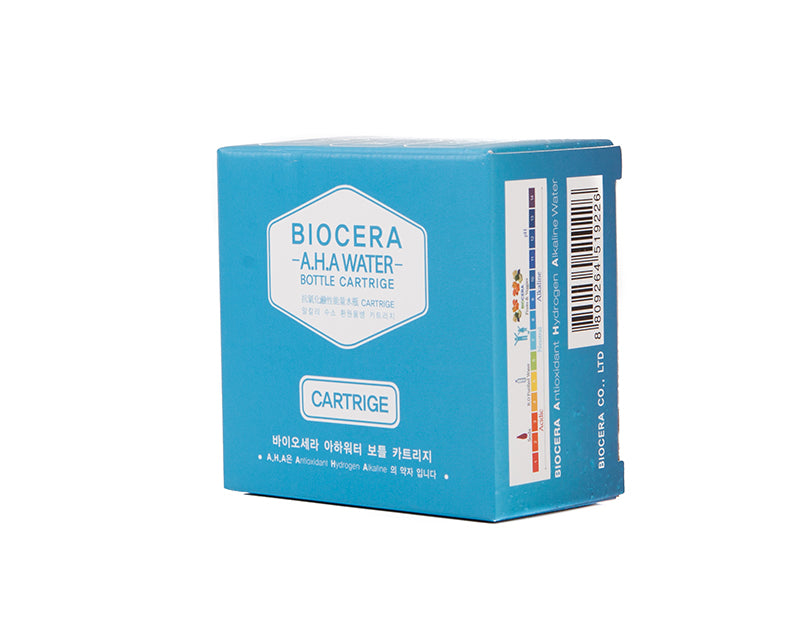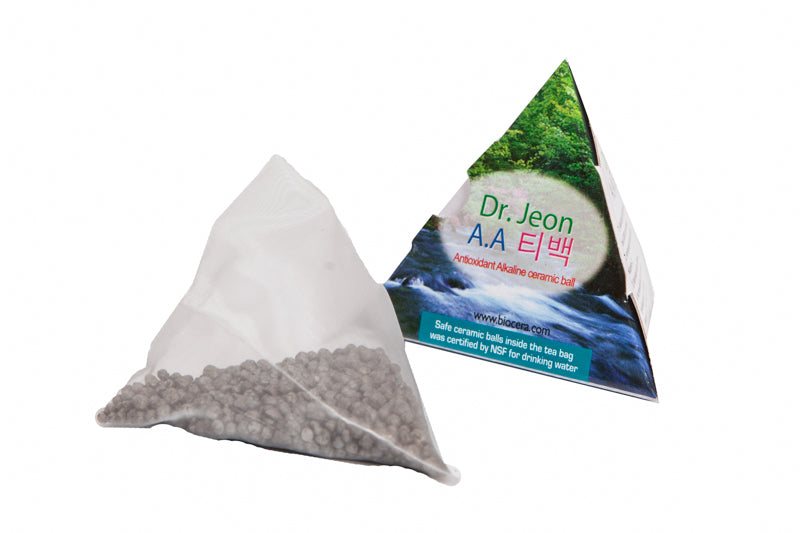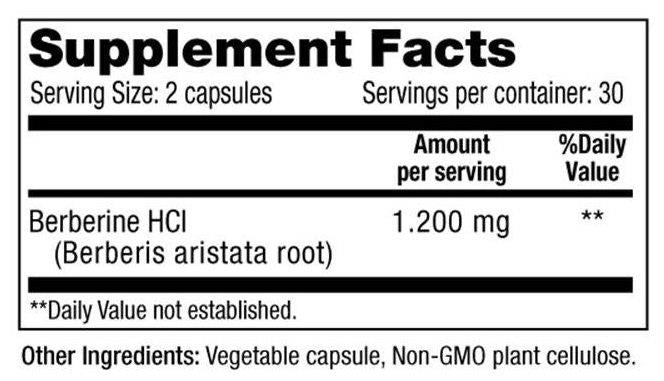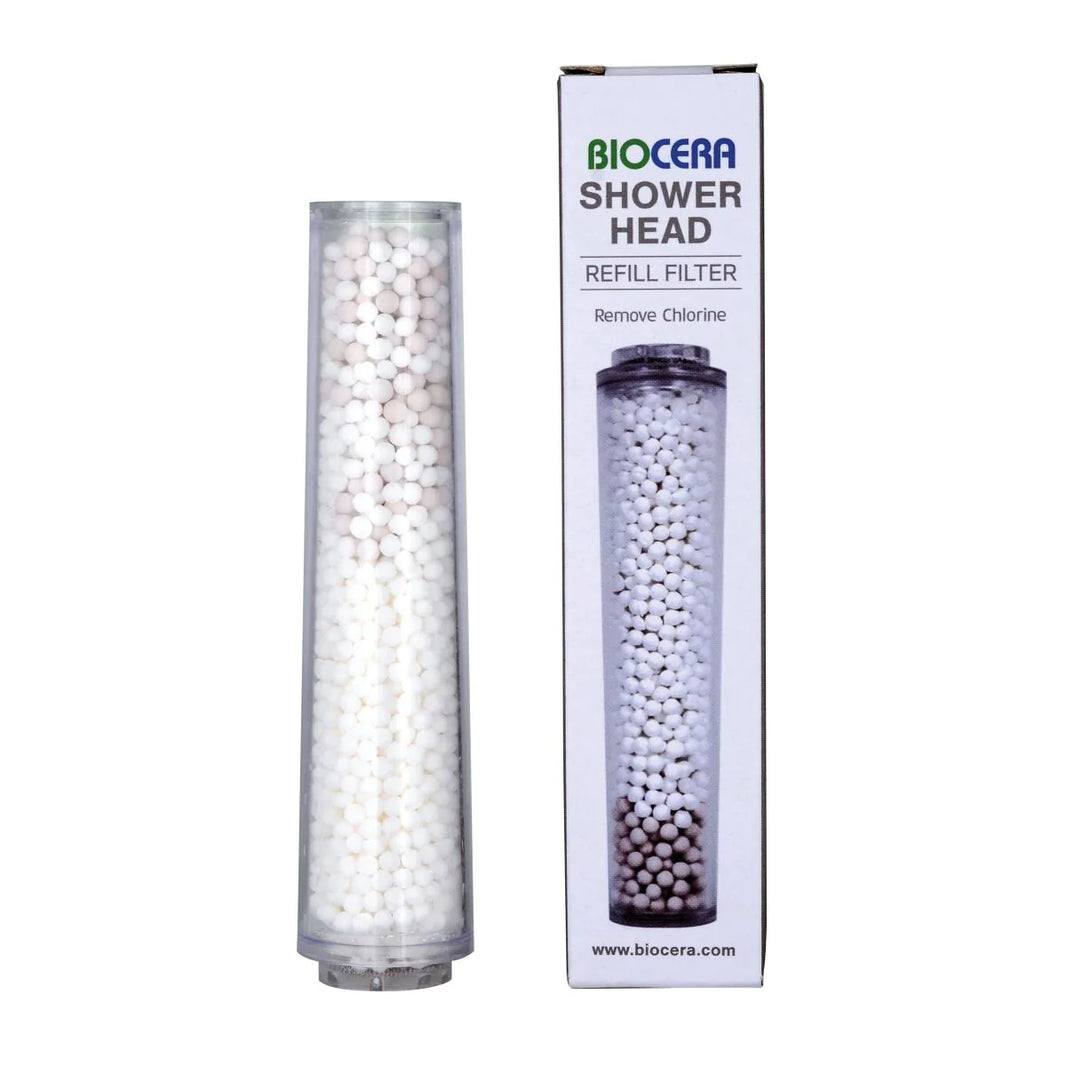Help Save Our Planet by Using a Non-Toxic Sunscreen This Summer
Sunscreen is quite literally a life saver. It protects millions of people from potentially deadly skin cancer, especially during the summer.
But this seemingly innocent product for skin also has a dark side, as it can also harm human, animal, and plant life, however, by spilling millions of litres of artificial chemicals into the sea, the rivers, the soil, and our drinking water that many commercial brands contain.
The Detrimental Effects of Chemical Sunscreen are caused by:
Oxybenzone
Oxybenzone is one of the most common ingredients in sunscreen. It is soaked up by the skin from where it absorbs UV rays to protect the skin from sun damage.
Many researchers have found that it can interfere with hormonal functioning, alter sperm type and production, and cause skin allergies. It has been found to have a massive effect on the reproductive health of fish.
It also penetrates the skin so deeply that it reaches organs from where the body must struggle to destroy and excrete it like it does with any harmful toxin.
Octinoxate
Octinoxate (or octylmethoxycinnamate) is also absorbed by the skin and found in many popular sunscreens. It also mimics hormones and can thereby have detrimental effects on the thyroid gland, reproductive health, and even behaviour.
Homosalate
Homosalate is included in most sunscreens and has been found to disrupt the functioning of hormones like androgen, oestrogen, and progesterone, and can thereby have negative reproductive consequences for both humans and animals.
Octocrylene
The ingredient octocrylene causes skin allergies in some people. It also penetrates the skin deeply, and thereby contributes to the toxic load that the body carries and must neutralise and expel.
The effects on animals and plants are unknown, but the fact that it can cause skin allergies probably means that it is toxic to animals too, especially fish that are permanently surrounded by it in their natural habitat.
Octisalate
Octisalate in sunscreens does not harm reproductive health, but can cause skin allergies in humans and is another deep skin penetrator.
Paraben Preservatives
As the name implies, these are not sun filters, but common sunscreen preservatives. They are hormone disrupters, so can cause reproductive difficulties and skin allergies.
Retinyl Palmitate
Retinyl palmitate (vitamin A palmitate) is not a sun filter either, but many sunscreens include it because it protects the skin against aging.
Research is mixed on its health effects. Vitamin A is obviously not harmful, but some studies, including one by the American Food and Drug Administration, have found that it can become cancerous when mixed with palmitic acid, as in retinyl palmitate. But this is possibly because the vitamin A comes from a synthetic source, so is not well recognised by the body.
Chemical Sunscreen Versus Natural Sunblock
The above chemicals are included in most commercial sunscreens. They are meant to be absorbed by the skin from where they filter out UV rays, a bit like the water filter under your sink filters out the impurities in your tap water. This is essentially how a sunscreen works. UV rays hit the skin and are then filtered out by chemicals that the skin has absorbed.
Sun blockers, on the other hand, are applied to your skin from where they block or reflect the UV rays away from the body. They basically seal the skin so that no UV rays can enter that then need to be filtered. Instead of chemicals, sunblockers contain natural minerals like titanium dioxide and zinc oxide.
The Benefits of Natural Sunblockers
They are natural and do not contain harmful artificial chemicals. This is healthier for you as the user and for the fish, plants, and other animals who desperately try to stay disease-free on this planet that we are polluting with so much enthusiasm.
They are effective, with most popular brands going all the way up to Sun Protection Factor 50. They remain on your skin's surface.
Unlike chemical sunscreens, they do not block pores and you do not have to scrub hard to get them off, unless you buy the ones that contain moisturising oils.
They are not as water resistant as chemical sunscreens. While this sounds like a disadvantage, it is actually good to wear a sunscreen that does not block out the sun all day. Our bodies need sun for normal development, as you will see below. You can make your own at home.
They may not be as effective as those you buy, but you can obtain moderate sun protection without breaking the bank.
Homemade Natural Sunblock
The most effective, most easily obtainable natural sunblock ingredients are non-nano zinc oxide (the particles in nano zinc oxide are too small to remain on the skin surface), red raspberry seed oil, and carrot seed oil.
Unfortunately, these are not especially available, nor especially cheap. Almond oil, coconut oil, and shea butter are more easily obtainable, but they are a lot less effective. Avoid citrus essential oils, as they appear to increase the skin's sensitivity to the sun.
The Recipe
Mix the oils of your choice, in the amounts of your choice. This is not very specific, but so long as you include more oil from the most effective list than from the not-so-effective list, you are off to a great start.
Heat them in a double boiler, which you can make by hanging a metal bowl above a pot of water that is busy boiling on the stove.
Continue to stir until the oils become runny enough to mix well. Then add some zinc oxide powder and continue to stir the mix until it has completely dissolved.
It is advisable to wear something over your face so that you do not inhale the zinc oxide.
Alternatively, simply take your favourite natural moisturiser, warm it in a double boiler, and add the zinc oxide. The more zinc oxide you use, the higher the sun protection factor will be.
Use Only When Necessary
Wear a natural sunblock when you go to the beach or a municipal swimming pool, but do not apply it when you are merely walking around the streets or garden.
The only way for your body to obtain vitamin D is by converting the sun's rays on the skin to vitamin D. You should, thus, ensure that you spend enough time in the sun without a sunblocker, especially if you eat mostly natural food that has not been fortified with additional vitamins.
A sunblock wearer that eats almost no fortified food will suffer from a serious lack of vitamin D, without which bone and muscle tissue do not develop normally.



























Leave a comment